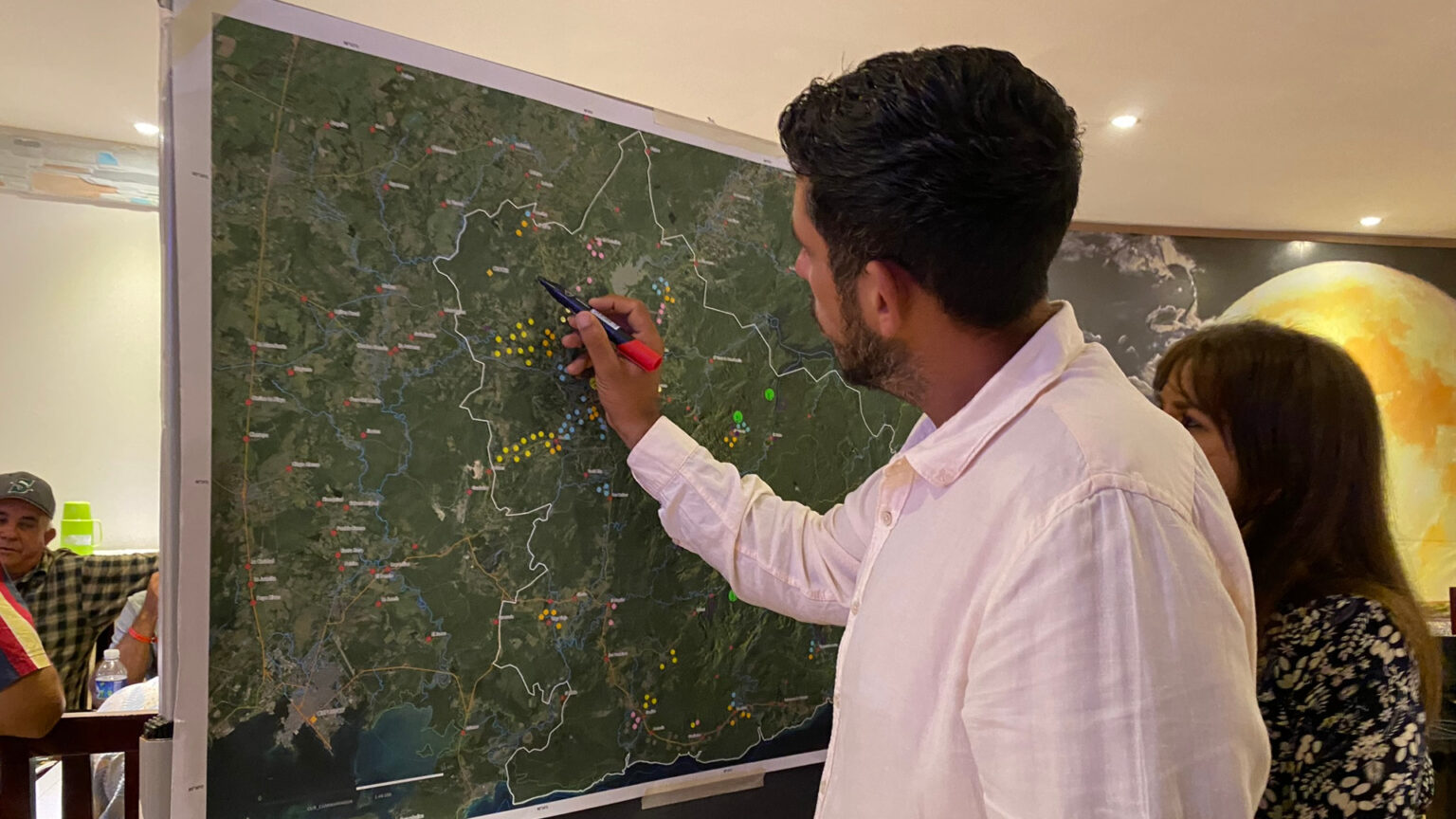
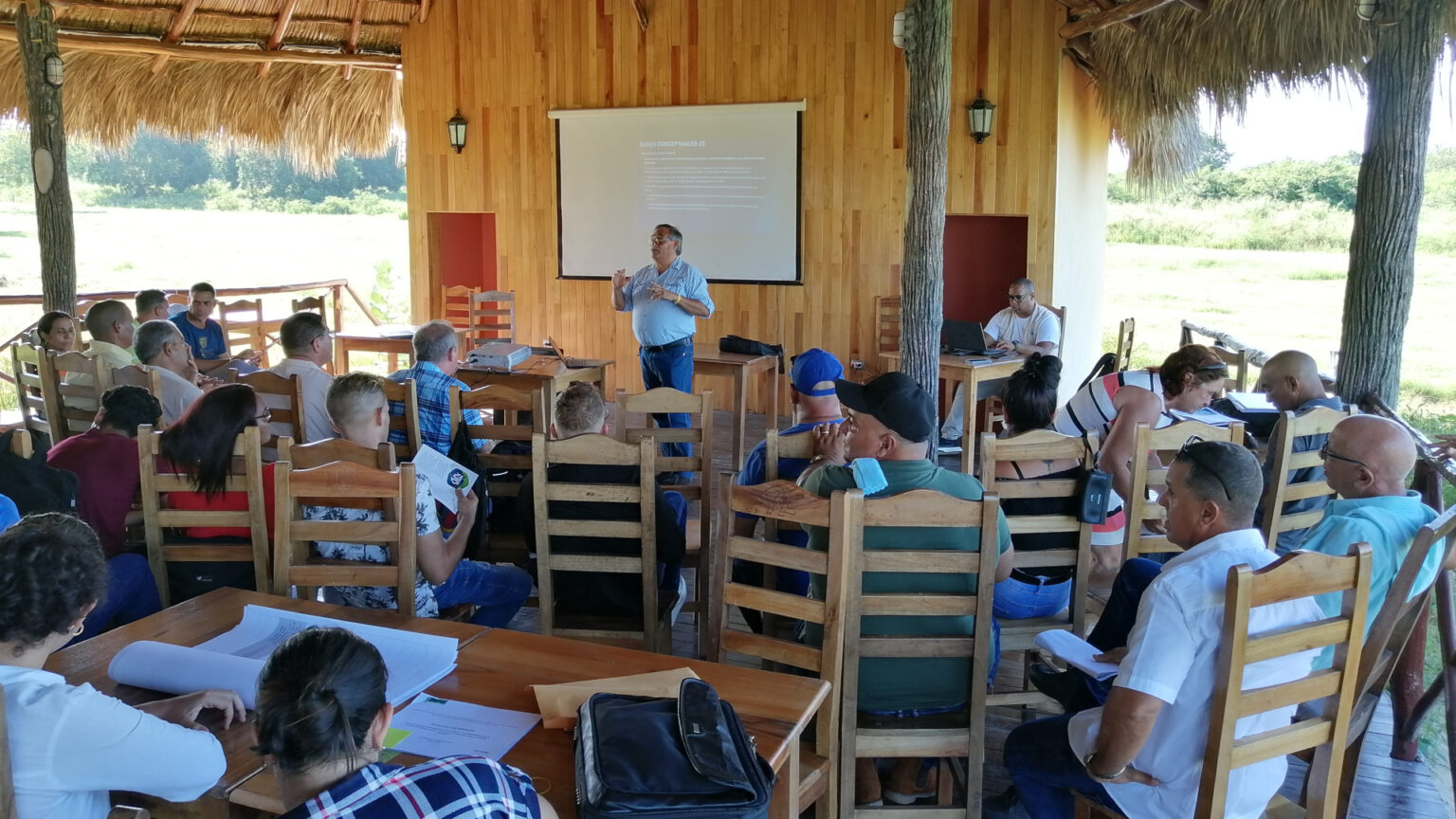
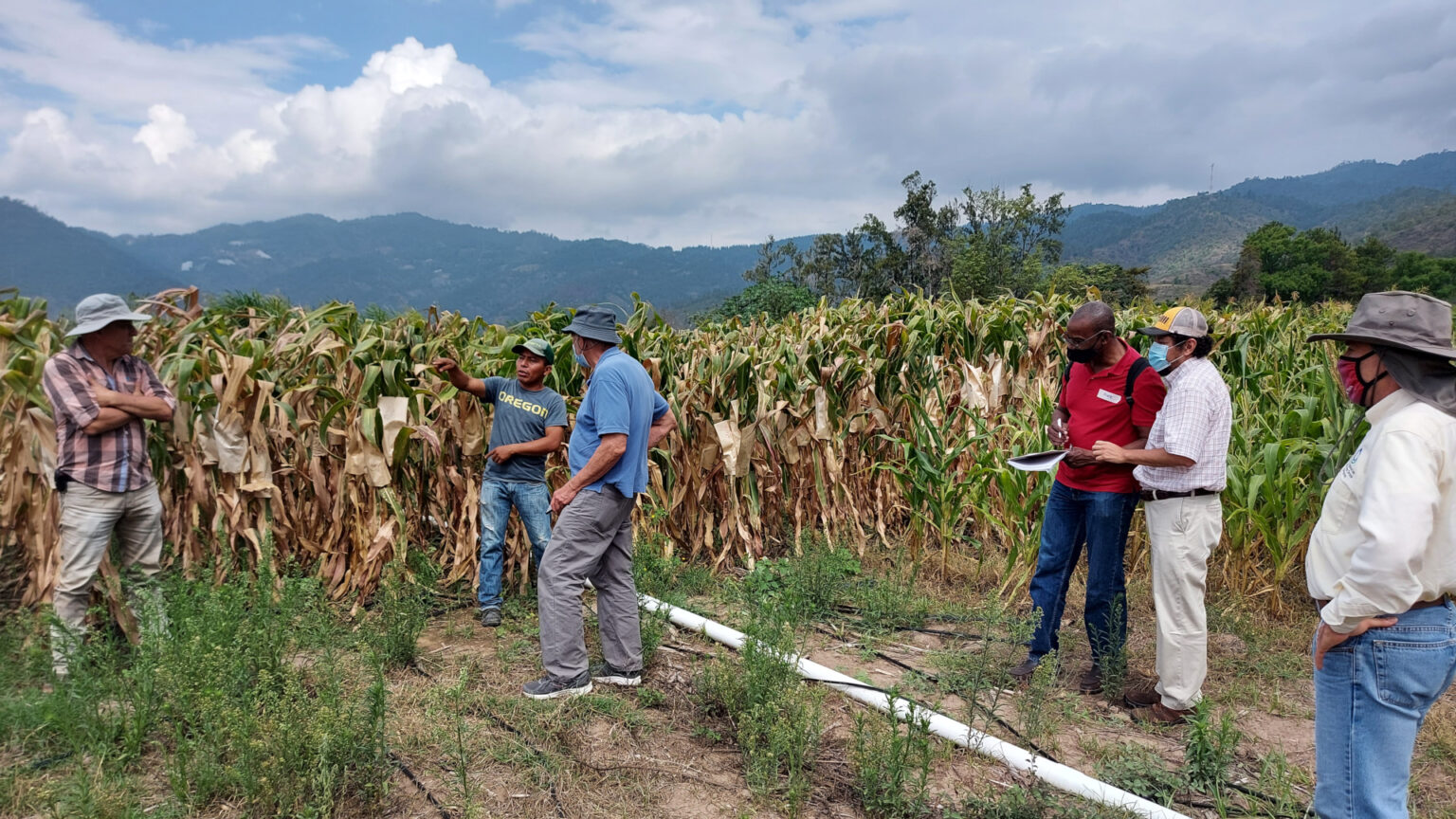
The Climate Action Unit (CAU) at CATIE is a multidisciplinary team whose mission is to foster solutions for climate change adaptation and mitigation within planning, decision-making, and implementation processes. Our work is based on research efforts that strengthen sustainable development and human well-being. We use technological tools such as geographic information systems (GIS) and remote sensing to better analyze and understand the effects of climate change across diverse landscapes and environments, enabling the identification of vulnerable areas and opportunities for climate action.
We recognize that climate change disproportionately affects different groups of people; therefore, we promote cross-cutting approaches that consider the needs and perspectives of all segments of society. We contribute to the development of pathways for adaptation and mitigation, emphasizing the creation of synergies among sectors and actors. Our approach is grounded in landscape management, integrating actions in agriculture, water, forests, and marine-coastal systems at regional, national, local, and urban levels.
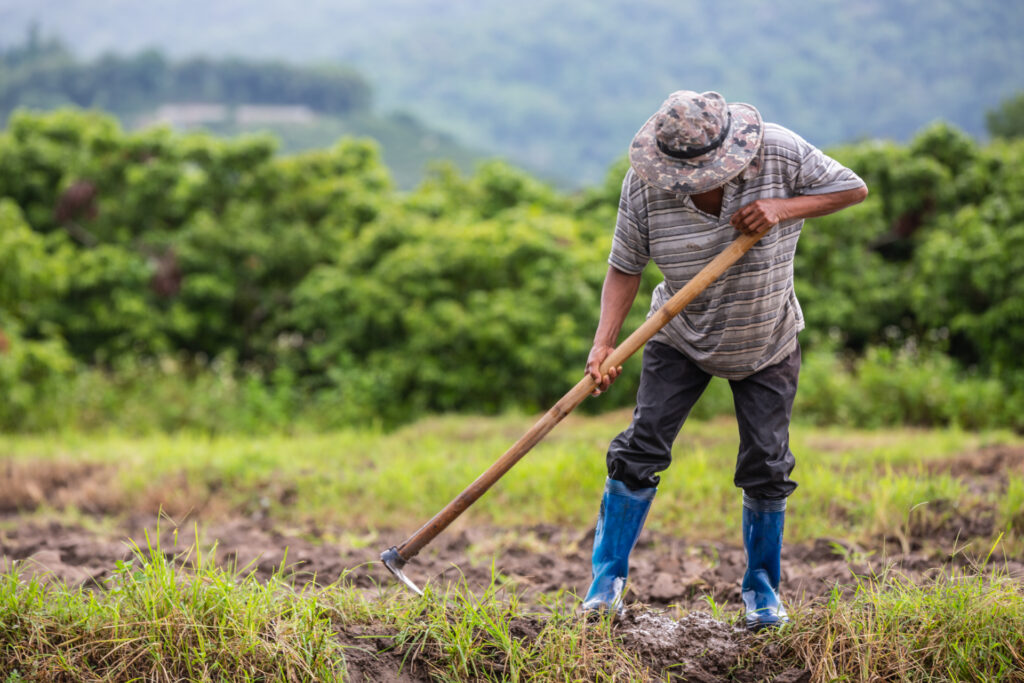
Adaptation
We promote climate change adaptation through analysis and the design of mechanisms to scale up incremental, systemic, and transformative measures that address livelihood needs integrated into planning processes, responding to different time horizons. Our adaptation work is guided by research, capacity building, and implementation in the following areas:
- Risk, Vulnerability, and Adaptation:, we assess climate risks and impacts from local to regional scales, capturing local socioeconomic contexts to support the design of strategies and responses that are appropriate to local capacities and needs.
- Nature-Based Solutions (NbS):, we promote the conservation and restoration of biodiversity and the ecosystem services it provides, including hybrid approaches that combine green and gray infrastructure to generate synergies between mitigation and adaptation, disaster risk reduction, and sustainable
- Landscape Governance for Sustainability: we foster inclusive and participatory social processes to achieve common goals for the conservation and sustainable management of natural resources. Our approaches integrate stakeholders across landscape scales—locally, regionally, and internationally—to strengthen global agendas.
- Climate Services and Early Warning Systems, we promote these as key measures to enable adaptation, with emphasis on processes that improve the dissemination, access, and use of climate information through people- and user-centered approaches.
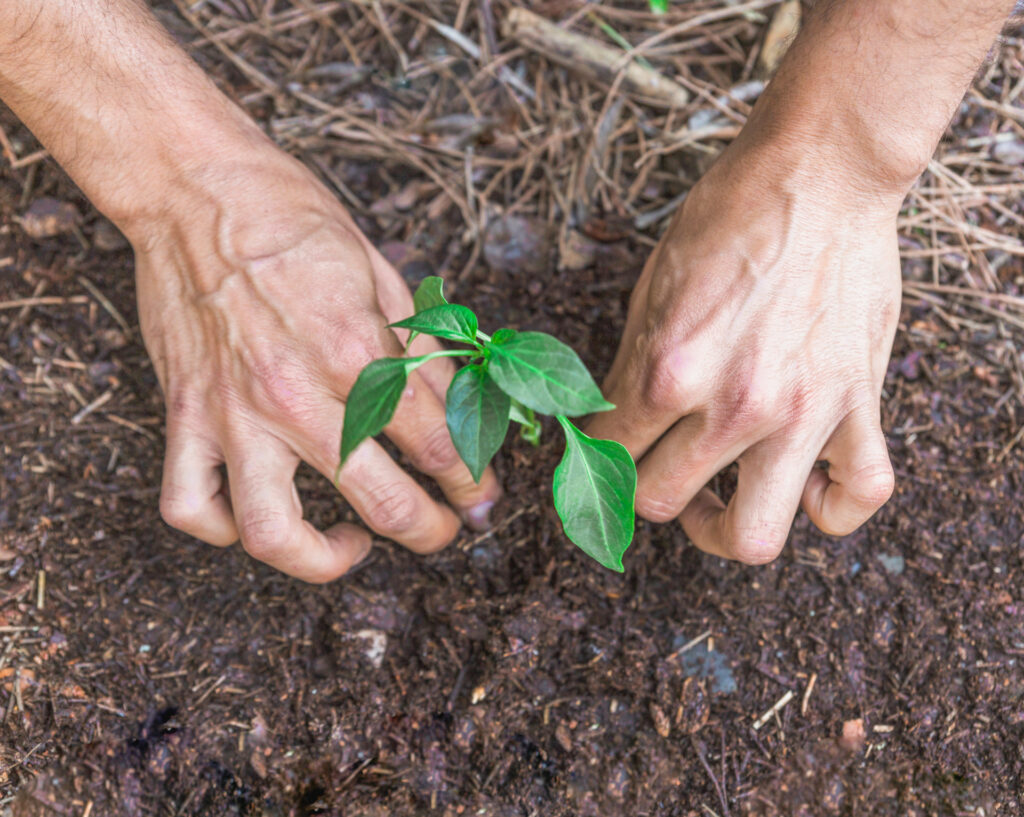
Mitigation
The Unit has a long history of research, methodological development, information systems, and implementation support in the context of the Clean Development Mechanism (CDM), REDD+, Blue Carbon, and other mitigation-related initiatives.
- Blue Carbon, we conduct pioneering studies for in situ quantification across ecological gradients, develop methodologies for estimation and monitoring, integrate these into national monitoring and reporting mechanisms, and support countries in developing blue carbon policies.
- REDD+, we address this through the analysis and monitoring of land-use and land-cover changes, modeling future land-use scenarios, and integrating findings into national reference levels and mitigation agendas.
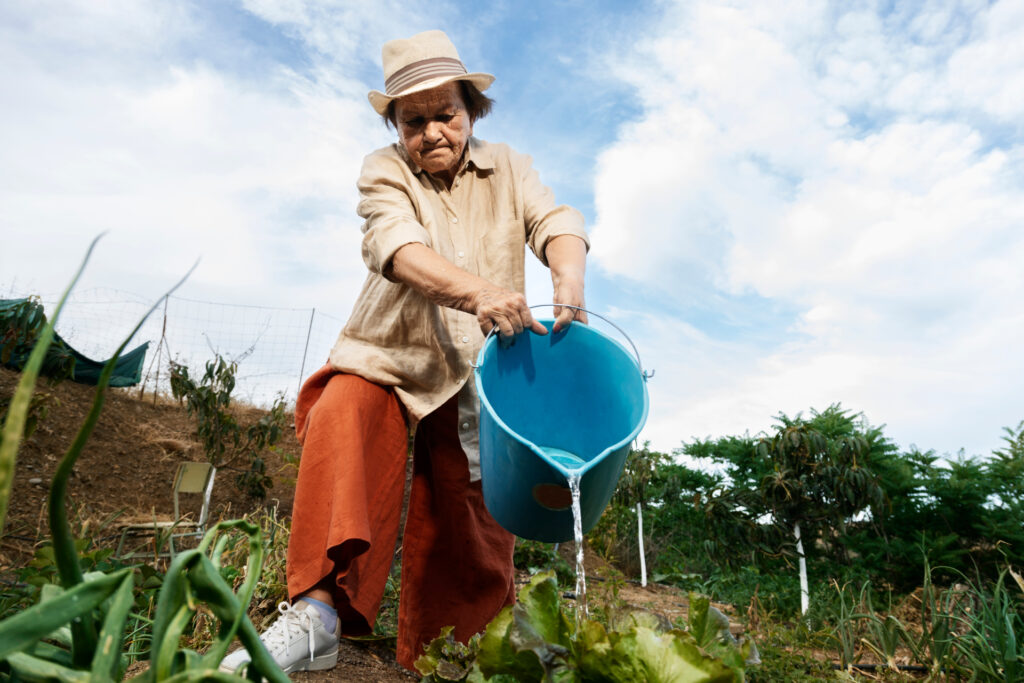
Cross-Cutting Approaches
We promote the integration of approaches aimed at building a more just, equitable, and inclusive society across the CAU’s thematic areas, as well as the development of sustainable financial mechanisms that respond to local rural contexts.
- Gender and Inclusion, using an intersectional gender perspective as a cross-cutting axis, we assess, design, and implement more equitable and culturally appropriate climate change adaptation and mitigation pathways. This approach addresses regional and global needs to recognize the disparities and inequalities faced by people in different communities, particularly rural ones.
- Climate Finance Adapted to Local Contexts: we promote financial mechanisms that ensure the sustainability of adaptation and mitigation processes.
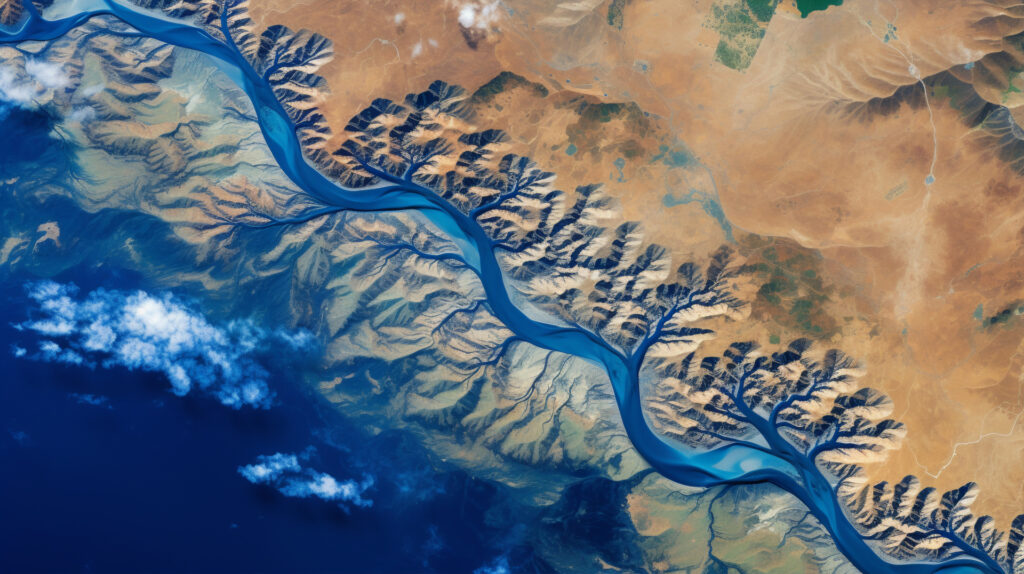
Ecosystem Modeling Laboratory
This laboratory consists of a multidisciplinary team with strong analytical capacities to study socio-ecological systems using remote sensing, GIS, and modeling tools to capture biophysical, socioeconomic, and political dynamics over various time horizons. These are integrated into geospatial information systems that support informed decision-making.
Team Members
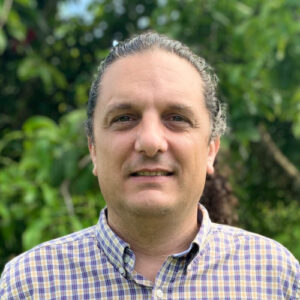
Pablo Imbach
Coordinator of the Unit
Argentinian. Holds a degree in Agronomy from the University of Costa Rica (UCR), a master’s in Integrated Watershed Management from CATIE, and a Ph.D. in Environmental Sciences from UPMC, France.
His research interests include the design of climate information services, multi-scale modeling of land-use change, ecosystem services for the agricultural and water sectors, vulnerability and risk assessments related to climate change, and methodological developments for designing adaptation and mitigation strategies.
His experience focuses on quantitative modeling of water–soil–ecosystem systems to understand their responses under climate change, agricultural and hydrological dynamics, and land-use change to support the climate action agenda.
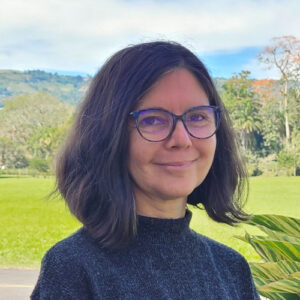
Claudia Bouroncle
Climate Change Adaptation Specialist
Peruvian. Holds a degree in Forest Sciences, a master’s in Forest and Biodiversity Management and Conservation from CATIE, and a Ph.D. in Local Development and International Cooperation from the Universitat Politècnica de València, Spain.
She currently works as a Climate Change Adaptation Specialist, focusing on climate vulnerability analyses in agriculture and ecosystem services, as well as local adaptation strategies.
She has over 25 years of professional experience in Latin America. She began her career in the Andes and Amazon regions of Peru, working on local initiatives for natural resource management and protected areas, and since 2000 has expanded her work in Mesoamerica providing technical assistance in rural development and climate change.
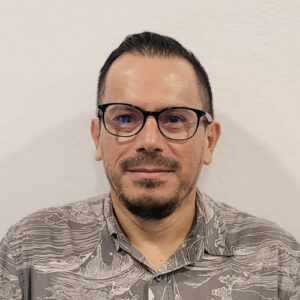
Christian Brenes
Especialista en Sensores Remotos y Sistemas de Información Geográfica
De nacionalidad costarricense. Graduado de Geografía de la Universidad de Costa Rica y con una maestría en Manejo y Conservación de Bosques Tropicales y Biodiversidad del CATIE.
Durante más de nueve años laboró en el Laboratorio de Sistemas de Información Geográfica (SIG) y actualmente se desempeña como investigador del Laboratorio de Modelado Ecosistémico de la Unidad de Acción Climática.
Su experiencia se centra en el campo de los SIG y sensores remotos aplicados al manejo de recursos naturales, específicamente en temas relacionados con cambio de uso de la tierra, ecología de paisajes, manejo de cuencas, hidrología, niveles de referencia forestal y servicios ecosistémicos y mapeo de uso o cobertura del suelo.
Adicionalmente, imparte cursos en la Escuela de Posgrado y en el Programa de Capacitación Continua del CATIE.
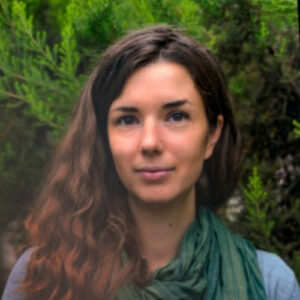
Tea Škrinjarić
Climate Change Adaptation Specialist
De nacionalidad croata. Cuenta con una maestría conjunta en Antropología Social de la Universidad de Ljubljana (Eslovenia) y la Universidad de Estocolmo (Suecia), y una maestría en Estudios Globales de la Universidad de Gotemburgo (Suecia).
Actualmente se desempeña como Especialista en Adaptación al Cambio Climático, con énfasis en áreas rurales, servicios meteorológicos y climáticos, además de sistemas de información geográfica (SIG).
Su experiencia laboral se centra en África, Sudeste Asiático y América Central.
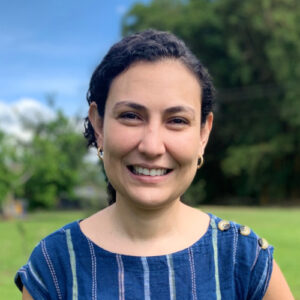
Andrea Zamora
Climate Change Adaptation Specialist
Costa Rican. Holds a degree in Forest Engineering from the Costa Rican Institute of Technology (TEC) and a master’s in Development Practice from CATIE.
She currently works as a Climate Change Adaptation Specialist, particularly in designing local climate adaptation strategies, a methodology she has applied in Honduras, El Salvador, Costa Rica, and Chiapas, Mexico.
She has experience in projects for implementing adaptation measures in protected areas and nature-based solutions at the watershed level.
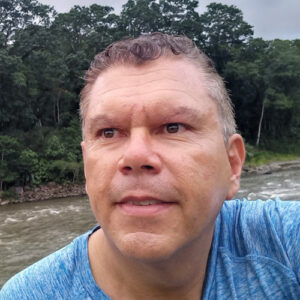
Róger Villalobos
Forest Governance and Restoration Specialist
Costa Rican. Holds a degree in Agronomy and a master’s in Tropical Natural Forest Management from CATIE.
He currently serves as a Forest Governance and Restoration Specialist and coordinates the master’s program in Tropical Forest Management and Biodiversity Conservation at CATIE. He is also part of the technical team of the 20×20 Restoration Initiative, a member of the SER Latin America board, and chairs both the Latin American Model Forest Network and Costa Rica’s National Forestry Sustainability Commission.
He has over 30 years of experience in research, technical assistance, postgraduate education, and training in several countries, working on rural development, landscape restoration, and forest management and governance.
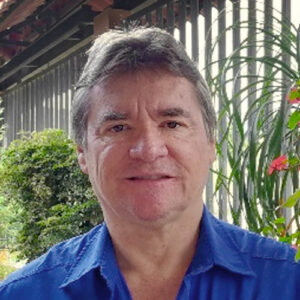
Fernando Carrera
Natural Forest Management Specialist
Peruvian. Holds a degree in Forest Sciences from the National Agrarian University La Molina (Lima) and a master’s in Agricultural and Renewable Natural Resources Sciences from CATIE.
He currently works as a Natural Forest Management Specialist and as a professor at CATIE’s Graduate School.
He was one of the main promoters of the community concession process in Guatemala and currently serves as General Manager of the Latin American Model Forest Network.
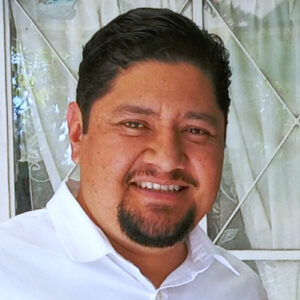
Estuardo Girón
Nature-Based Solutions and Community Development Specialist
Guatemalan. Holds a degree in Biology and a master’s in Development Practice from CATIE.
He currently works as a Nature-Based Solutions and Community Development Specialist, based in Guatemala.
He has 20 years of experience in protected area management with Indigenous communities, ecology and fire management for conservation, tourism, local adaptation strategies to climate change, and rural development in Mesoamerica.
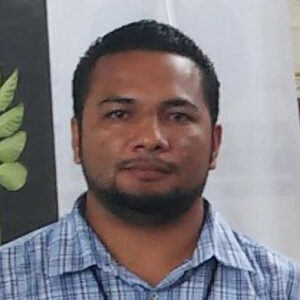
Danilo Torres
Forestry and Mangrove Ecosystem Specialist
Costa Rican. Holds a degree in Forest Engineering from the Costa Rican Institute of Technology (TEC).
He is a forestry specialist with extensive experience in mangrove ecosystems and has worked on projects related to blue carbon and mangrove restoration in Costa Rica and the Dominican Republic.
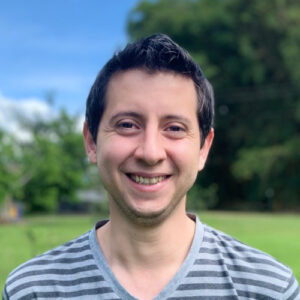
Allan Guerrero
Geographic Information Systems Specialist
Costa Rican. Holds a degree in Natural Resource Management from the Distance State University (UNED).
He currently works as a Geographic Information Systems Specialist in environmental and climate research and development projects.
His experience includes contributions to municipal climate governance initiatives, sustainable agroforestry production, and biodiversity conservation in the region—from the analysis and collection of climate and agricultural data to the creation of maps identifying areas for climate action and conservation.
He has also participated in projects related to drainage network modeling and mangrove restoration, as well as in developing methodologies for blue carbon inventorying. His expertise in GIS includes implementing innovative technologies such as Remotely Piloted Aircraft Systems (RPAS).
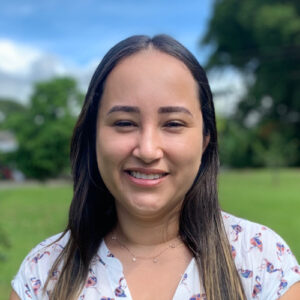
Juliana Chaves
Geographic Information Systems Specialist
Costa Rican. Holds a bachelor’s degree in Forest Engineering from the Costa Rican Institute of Technology (TEC).
She currently works as a Geographic Information Systems Specialist, developing geospatial portals and data visualization tools.
She has experience in geographic information analysis and remote sensing projects focused on ecological research.
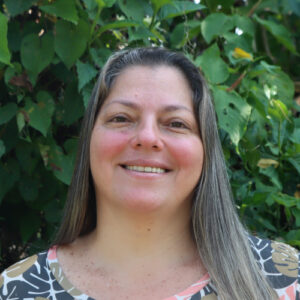
Lilliana Quirós
Executive Secretary
Costa Rican. Studied Human Resources Assistance at the National Learning Institute of Costa Rica (INA).
She currently serves as the Unit’s secretary, responsible for client service, inventory management, logistical support, and administrative assistance.
Previously, she worked as a data entry assistant for climate data in the Environmental Modeling Laboratory of CATIE’s Climate Change and Watersheds Program.
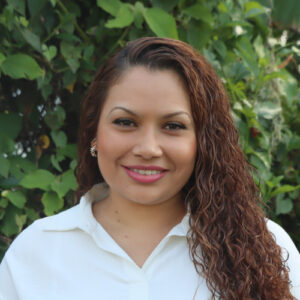
Zailyn García
Administrative Assistant
De nacionalidad costarricense. Graduada de Dirección de Empresas de la Universidad de Costa Rica (UCR).
Actualmente se desempeña como Asistente Administrativa Contable en la Unidad de Acción Climática de CATIE.
Cuenta con experiencia en la revisión y contabilización de gastos a reportar, realización de informes financieros y elaboración y control de presupuestos de los proyectos que se desarrollan en la Unidad, así como velar por la adecuada ejecución de estos.
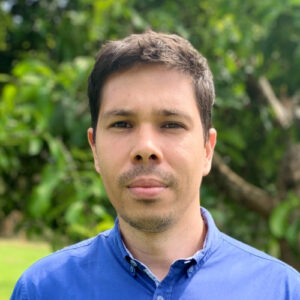
Luis Daniel Rojas
Administrative Officer
De nacionalidad costarricense. Graduado de Contaduría Pública y en proceso de concluir su licenciatura en la misma carrera.
Actualmente se desempeña como Oficial Administrativo. Cuenta con más de ocho años de experiencia y previamente trabajó como Asistente Administrativo Contable para el CATIE en la Unidad de Ganadería y Manejo del Ambiente con los proyectos BioPaSOS (México) y Paisajes productivos sostenibles (Perú).



